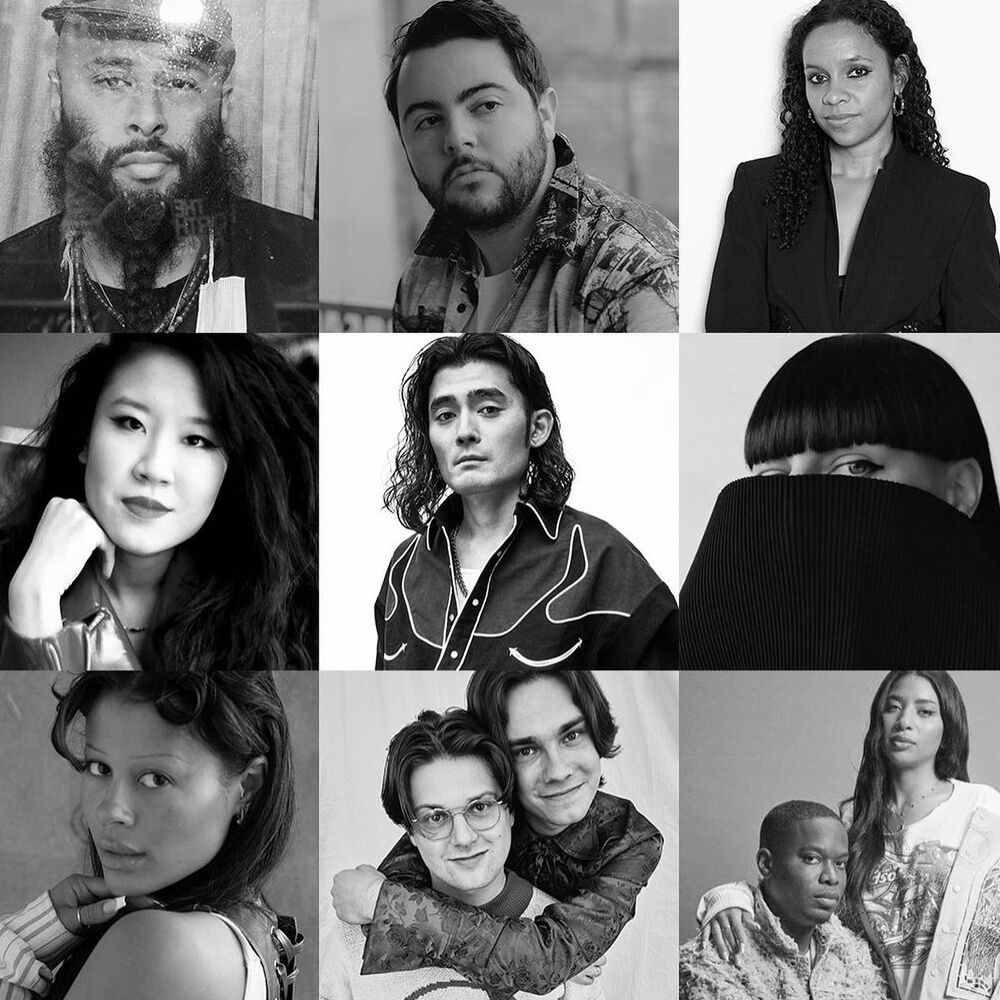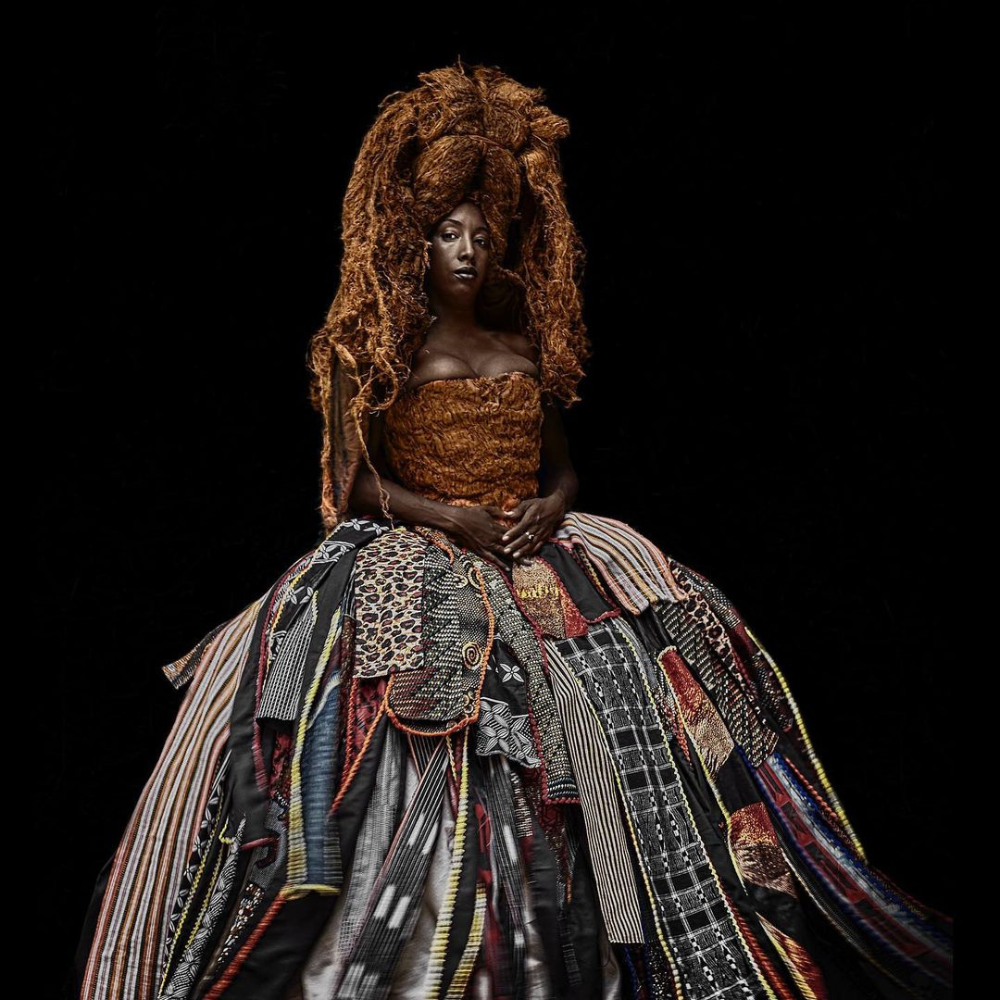
A writer fascinated by humanity and diversity. He is the…
The African American community in the United States, which now boasts a population of over 40 million people, has over the years developed and celebrated a unique, rich and vibrant culture expressed through music, dance, art, inventions, and entrepreneurship. The Civil Rights Movement, led by legendary activists such as Dr. Martin Luther King Jr. and Malcolm X, helped to shape national as well as global understanding of freedom and equality. Black people have played, and continue to play, an influential role in shaping America.
There is an annual Black History Month – February (in the US and Canada) and October (in Europe) – to acknowledge and highlight the contributions that blacks have made to the West. America is dotted with homes of black icons, national monuments, parks, museums, and libraries that highlight and promote the history, culture, and contributions of blacks. This new series highlights five rich centers in the US that celebrate Black culture.
Check out 5 enlightening places in the US that celebrate Black culture…
#1. The home of Dr. Martin Luther King Jr., (Atlanta, Georgia)
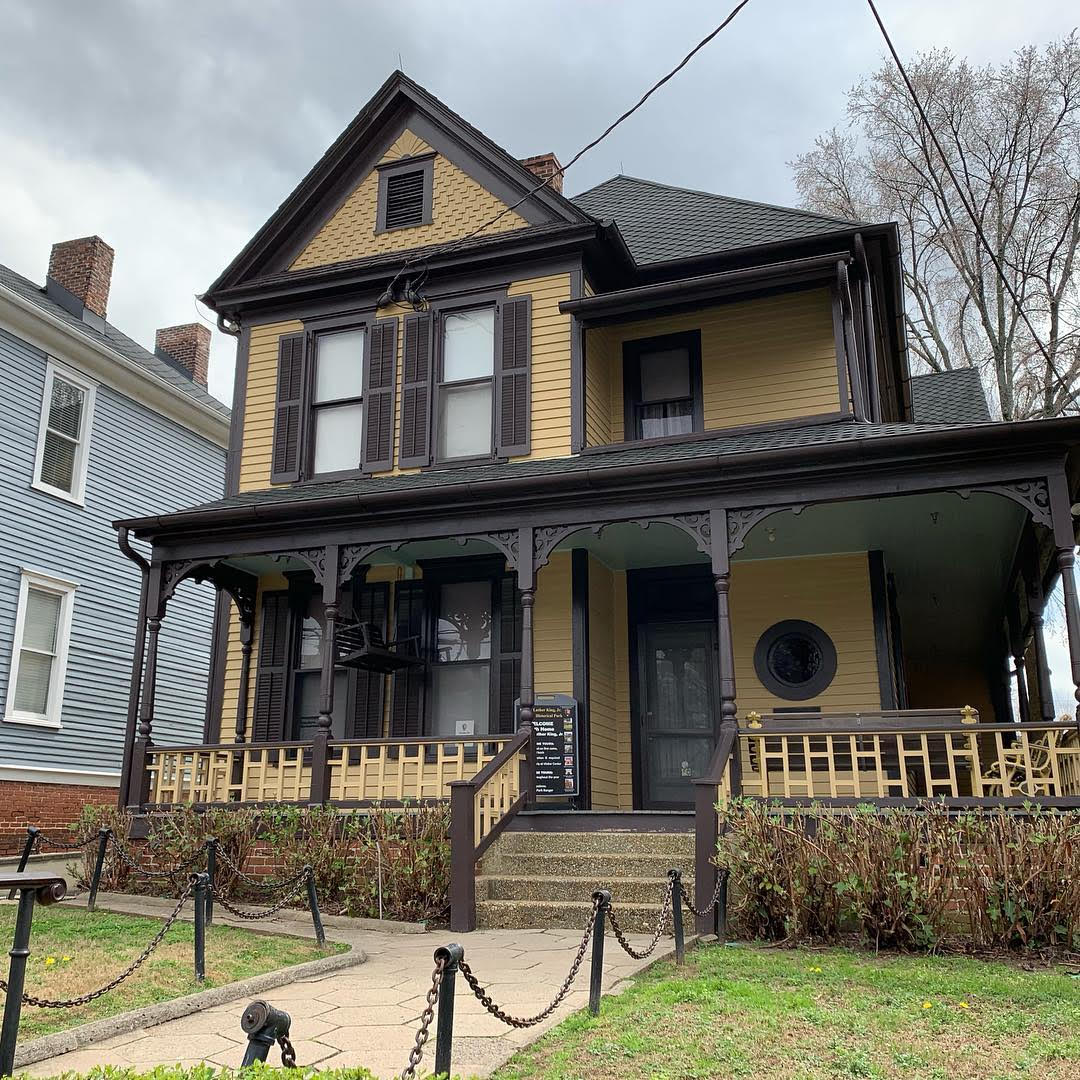
The Black Civil Rights leader, Martin Luther King Jr. (also known as MLK) is a household name in the United States. A federal holiday in his honor – Martin Luther King Day – is marked every year in the US on the third Monday in January. MLK was born in Atlanta on 15 January 1929 in the home of his maternal grandparents, A.D. and Jennie Williams – a two-story house in the Auburn Avenue Historic District. The house features a porch, parlor, dining room, study, kitchen, bedrooms, and bathrooms. Tours of the civil rights leader’s home are conducted by the National Park Service.
#2. The National Civil Rights Museum (Memphis, Tennessee)
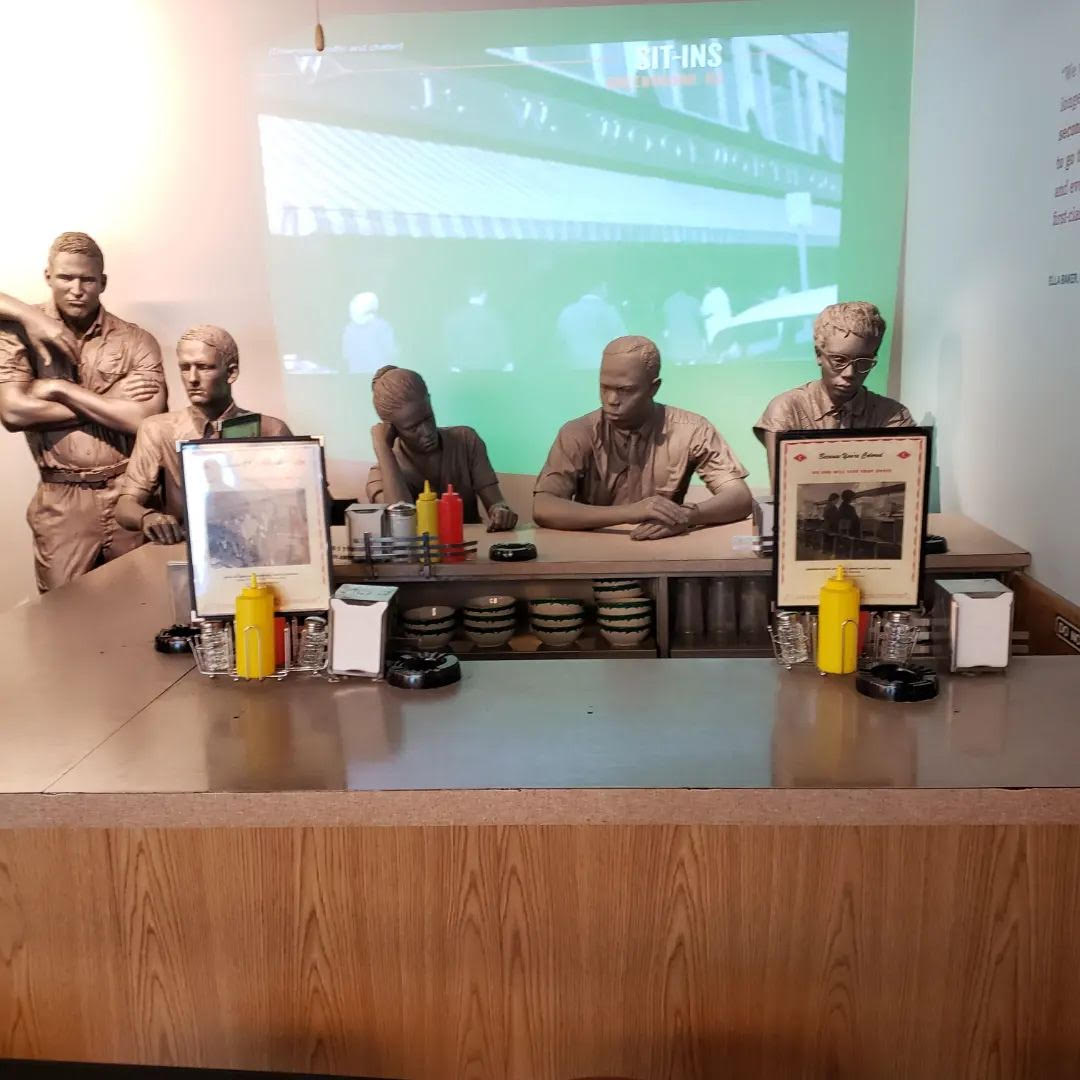
The National Civil Rights Museum in Memphis, Tennessee, has a mission to tell stories that share the lessons from the American Civil Rights Movement and explore how that movement continues to shape our sense of freedom and equality across the world. The museum was established in 1991 at the location of the former Lorraine Motel, where Dr. Martin Luther King Jr. was assassinated on April 4, 1968.
Here, you will learn a lot about slavery, boycotts, assassinations, black power, hopes, dreams, and much more. The museum also serves as a home for interactive art exhibits as well as special activities that throw more light on the Civil Rights Movement and civil rights activities in the US.
#3. National Museum of African American History and Culture (Washington DC)
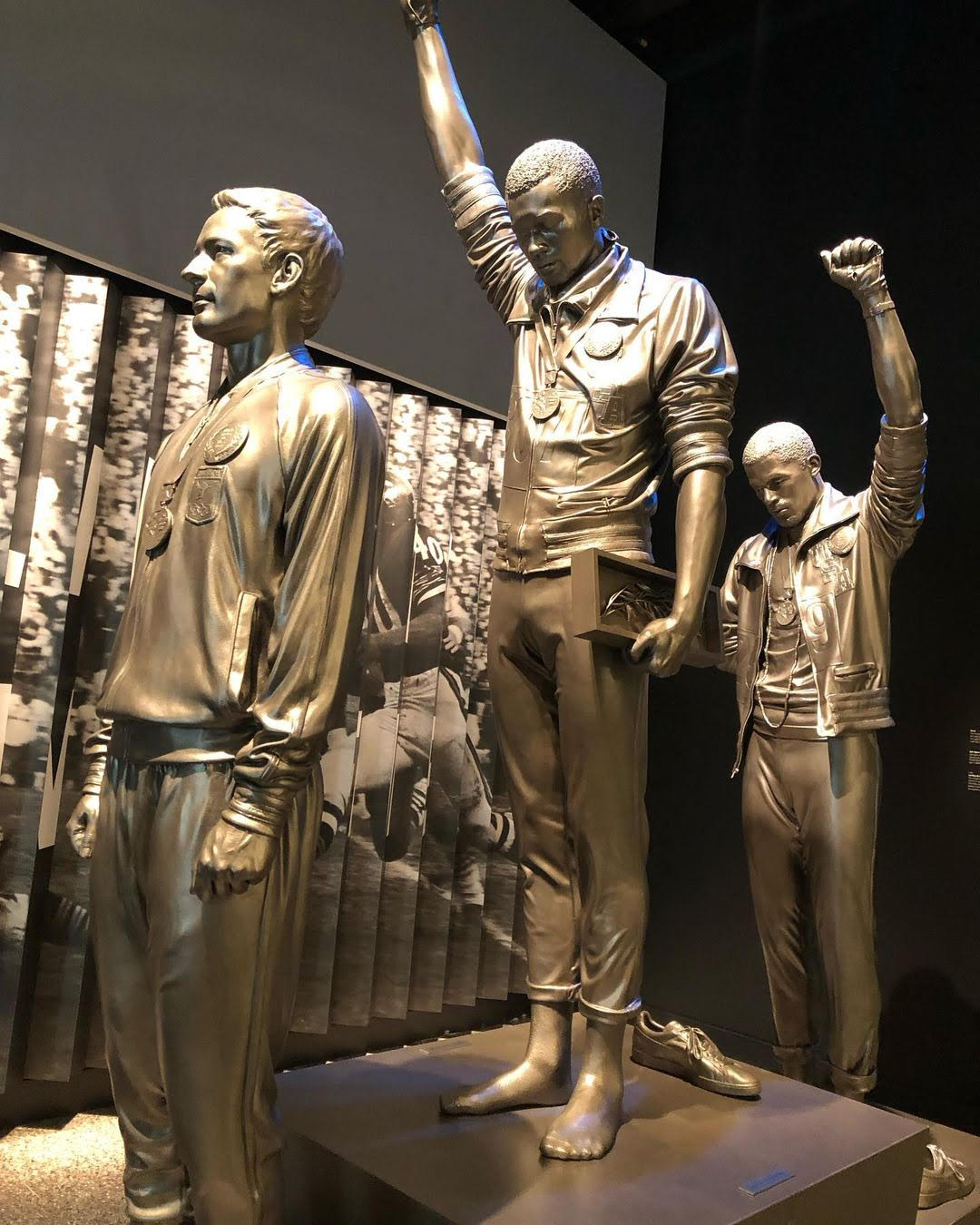
Established by an act of Congress in 2003, the National Museum of African American History and Culture (NMAAHC) is the only national museum devoted exclusively to the documentation of African-American life, history, and culture. This was the result of decades of efforts and campaigns to highlight and celebrate the contributions that African Americans have made to American society.
This monumental museum has so far collected over 40,000 artifacts. It opened to the public on September 24, 2016, as the 19th museum of the Smithsonian Institution. This museum is a must-see for persons seeking a rich historical perspective of African American culture. But don’t take my word for it; take the advice of the museum’s founding director, Lonnie G. Bunch, who said: “This museum will tell the American story through the lens of African American history and culture. This is America’s Story and this museum is for all Americans.”
#4. African Burial Ground National Monument, (Manhattan, New York)
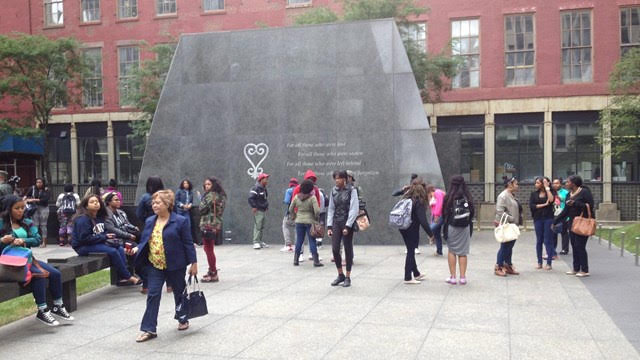
The African Burial Ground became a National Historic Landmark in 1993. This followed archeological excavations of intact human skeletal remains located 30 feet below New York City’s street level on Broadway. This location turned out to be a burial ground dating from the mid-1630s to 1795 and containing more than 15,000 skeletal remains of enslaved and freed Africans who lived and worked in colonial New York. These remains were re-interred within the original site of discovery. An outdoor memorial alongside a library and interpretive center were constructed to acknowledge and memorialize the financial and physical contributions of enslaved Africans in New York.
#5. Beale Street (Memphis, Tennessee)
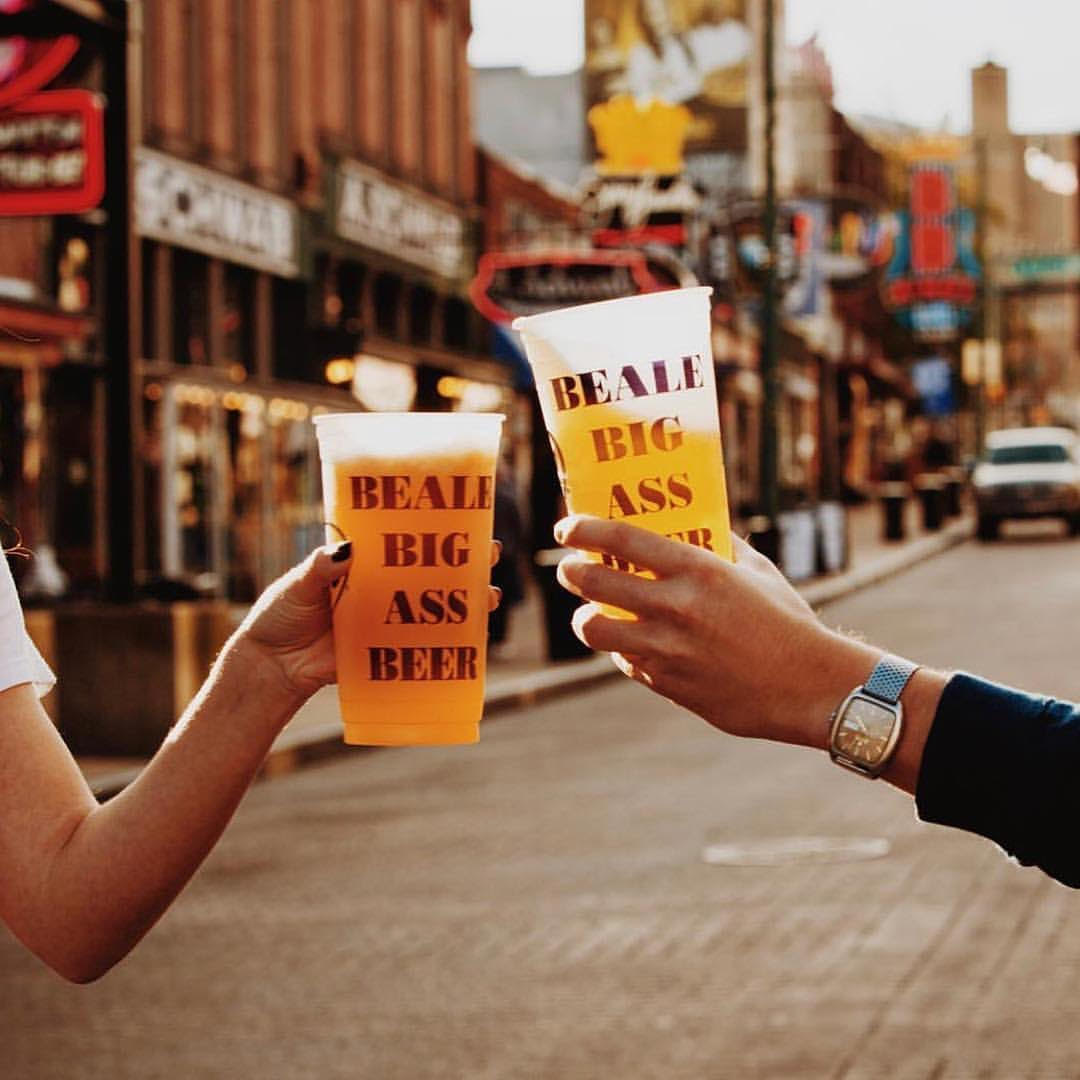
One of America’s most iconic streets, Beale Street is important to black culture. It was established in 1841 and became a home for black commerce and culture around the period of the American Civil War. It was home to lots of black-owned businesses, shops, restaurants, cafés, and clubs. Ida B. Wells’ anti-segregationist newspaper, Free Speech, was headquartered on Beale Street. The street is also a place alive with fantastic musical performances.
It was for no reason that the street was officially declared the “Home of the Blues” by an act of Congress. Beale Street is also known as the birthplace of Rock ‘n’ Roll. The street also features the Withers Collection Museum & Gallery, which houses 1.8 million photographs by the photographer Dr. Ernest C. Withers. Among this collection are iconic photographs of black jazz and blues legends, and images of the Civil Rights Movement.
See 5 more locations on Part II Of 10 Locations In The US That Celebrate And Promote Black Culture
10 Locations In The US That Celebrate And Promote Black Culture – Part II
Featured image: @smithsonian_africanart/Instagram
For the latest in fashion, lifestyle, and culture, follow us on Instagram @StyleRave_
This is a Style Rave original content exclusively created for our readers. If reproduced, distributed, transmitted, cached, or otherwise used by any other publishing house or blogs, such use should provide a direct link to this source article. Use of and/or registration on any portion of this site constitutes acceptance of our Terms & Conditions and Privacy Policy.
—Read also
A writer fascinated by humanity and diversity. He is the author of Do Not Say It’s Not Your Country.


